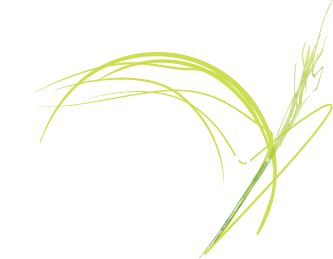Floral Design is a Unique Alchemy of Geometry, Architecture, and Nature's Directives
The thing that has kept me sane over the last 5 months of “sheltering at home” is being able to go into my backyard every day and “smell the roses.” I don’t actually have roses (they need more light than my backyard provides ) but things grow and change and I get a small sense of lifecycle that goes beyond what we are experiencing this year. I am keenly aware that I am very privileged to have this kind of space in NYC and have also spent a great deal of time walking and riding my bike around Brooklyn. One of the great gifts of this time is the opportunity to take in the beautiful flowers that go by the hashtag "#flowersontheway. In every neighborhood I have visited, there are amazing gardeners who brighten their streets with flowers.
An interior designer/Diana asked me to write about the relationship between flowers and interior space - and why flowers are important to the overall impact of design. Floral design is a unique alchemy of geometry, architecture, choreography, and nature’s directives. As in most art forms, it is key to consider the context of one’s creation. An effective floral arrangement reflects and augments its environment.
There are 400,000 species of plants. Approximately 150 flowers are grown in the U.S. Just roses have over 150 varieties (with thousands of hybrids!) We have access to a huge spectrum in the U.S. So many varieties are imported from South America, Holland, and Israel. And, if one is (appropriately) concerned about carbon footprint, there are thousands of local farms where gorgeous, seasonal flowers are available. So Many Choices!
Just as people have different tastes in color, texture, and style in wall treatments, furniture, and lighting, so too they have preferences in flowers and how they are put together. Even if they don’t realize it, almost everyone has a relationship with flowers. As a floral designer, I find that the more specific/particular my clients are, the easier my job. Rather than getting lost in the dizzying, dazzling beauty of the flower market, I go with a specific mission to capture the client’s vision.
Leaving scent out of the equation for a moment—as it has an enormous impact (sometimes positive, sometimes not)—there are many, many different approaches to and schools of floral design. Each particular floral aesthetic can be adapted to fit into or contrast with the environment it will live in. The really joyful fact is that flower arrangements are relatively ethereal. Generally, a week is the expected “shelf life.” So different interpretations of the space are possible.
Finally, there is the proven, scientific effect of flowers. They actually lower your blood pressure. Our primitive brain sees flowers and knows that fruit is on the way. While we may not be hunters and gatherers, flowers are especially useful in these anxiety-ridden times. We all need to have something in our environment that reduces stress and makes us happy to be home.
